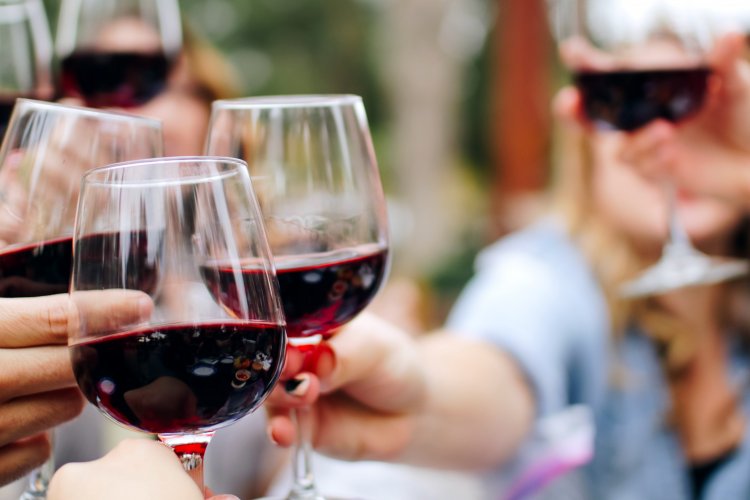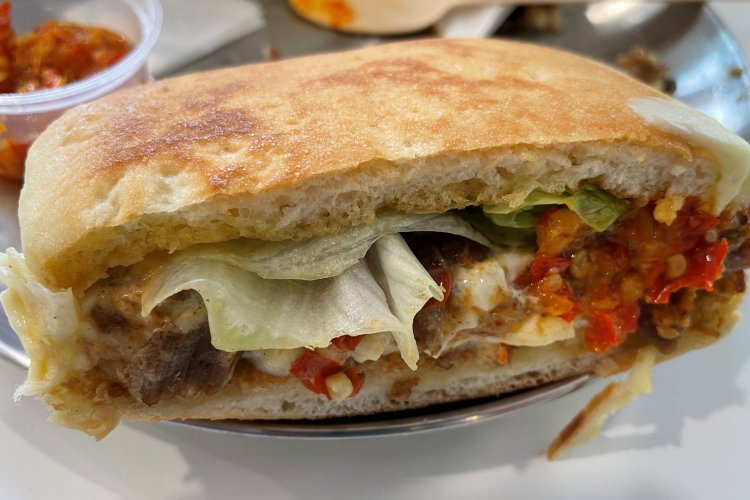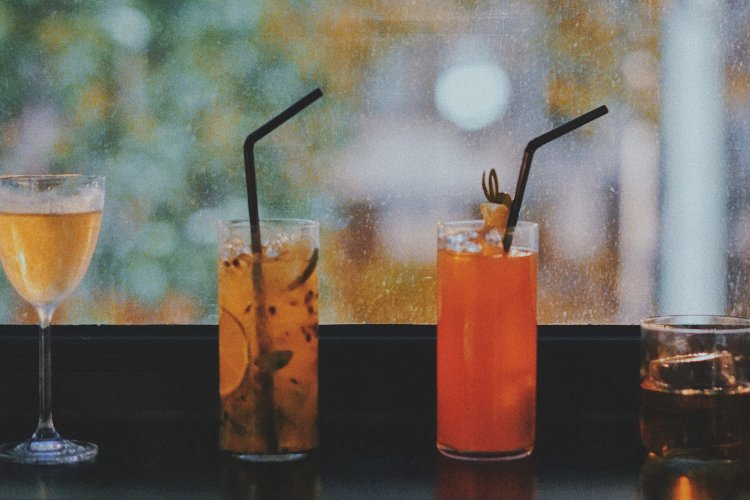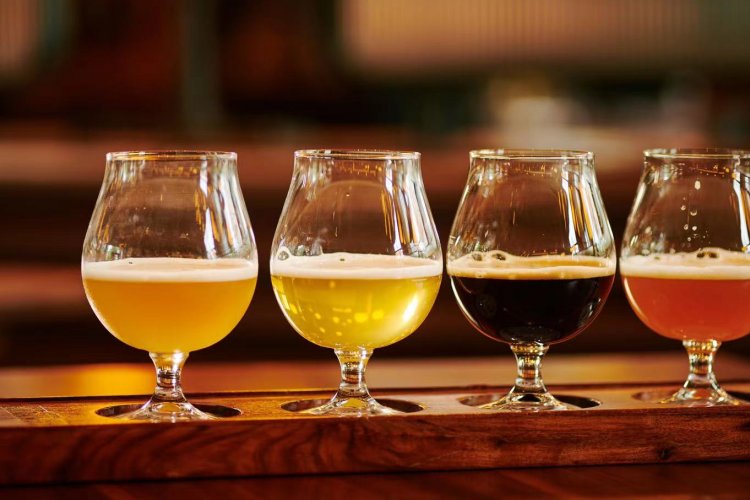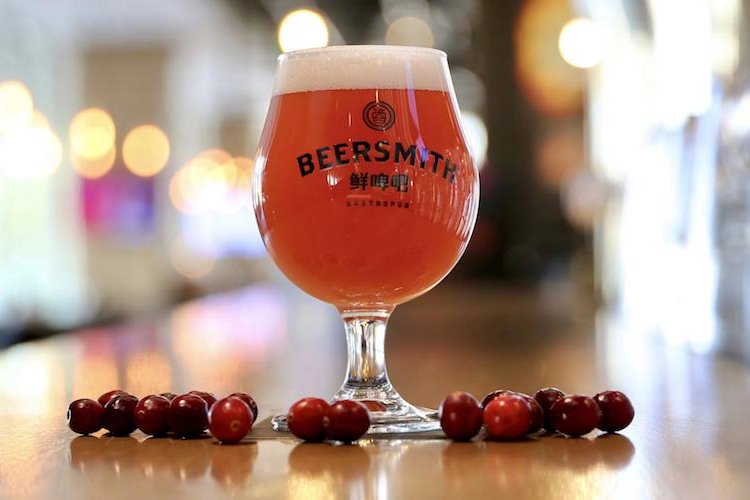Grape Expectations - Talking Wine with Dragon Phoenix Wine Consulting
Edward Ragg and Fongyee Walkers’ Dragon Phoenix Fine Wine Consulting is Beijing’s first independent wine consultancy, aiming to spread knowledge about this age-old libation. The husband and wife team are also authors of the Dragon Phoenix Wine Blog, as well as the Beijinger’s “Grape Press” column. Agenda spoke with them recently about China’s developing wine scene and the best wine venues in Beijing.
What sparked your interest in fine wine?
Edward Ragg: Wine runs in my family. My brother and my Swiss cousins are winemakers. But it was trips to Sauternes and the Hunter Valley that really sparked my interest.
FW: I discovered my love of fine wine at Cambridge and through trips to Europe, as well as in Canada’s Okanagan Valley.
What inspired you to start your wine consulting business?
ER: Our inspiration came from a shared belief in the future of the Chinese wine markets. Beijing seemed ideal because of the cultural atmosphere and veneration for education. We also knew wine import companies could use a hand in training. We are the first entirely independent Wine & Spirit Education Trust (WSET) provider in China. We felt there was a gap in the market for independent educators and consultants with first-rate wine knowledge and the highest teaching capabilities.
What changes have you witnessed in China’s wine industry since you began your business?
ER: In the last two to three years we have seen the industry become more professional and the range of wines available increase. When we first arrived, wine portfolios and restaurant lists were heavily polarized: entry-level wines from RMB 50-100 sat alongside trophy bottles at ludicrously fluctuating prices. Middle range wines have become more exciting and competitive. However, wine knowledge is still pretty low in the industry. There is a huge amount of work to do to improve education and professional standards.
What is the most common mistake you see people make when choosing or tasting wine?
ER: When people are confronted by serious wine lists they often feel pressured to choose a “serious,” often expensive, wine. This might suit some contexts. But if you are with friends, choose something pleasurable, appealing and ready to drink. If you don’t know how to order, ask the sommelier. If the sommelier doesn’t seem to know what he or she is doing, choose a wine from a region or grape variety you don’t recognize. Have fun!
What is your favorite food to pair with wine?
ER: We love matching regional Chinese cuisines with international wines. The harder the cuisine, the more effort in selection, but the greater the rewards! We recently enjoyed a full Sichuan meal with seven different wines. A high-quality Blanc de Blancs Champagne and South Australian dry Riesling went brilliantly with kou shui ji (mouth-watering chicken) and even hui guo rou (twice-cooked pork).
What are the top three venues you frequent for their wine selection in Beijing?
Maison Boulud, Sureno and Mosto. All very different lists, all appropriate for each venue.
What are your three favorite foreign wines sold in Beijing?
1927 Solera Alvear Pedro Ximenez (Palette Vino), Broadbent 10-Year Old Madeira (Cellar Le Pinot) and Pol Roger Champagne Brut (Summergate).
Which local brands of wine would you recommend?
Silver Heights (Ningxia) and Grace Vineyard (Shanxi), both available from Torres China and Helan Mountain (Ningxia) from Pernod Ricard.
How does Chinese wine differ from other regions’ wines?
China does not yet have the quality control or the understanding of how to produce high quality wines. It’s a much harder country to grow quality grapes in than people think. The wines often lack fruit ripeness and may suffer from various faults. But they are improving!

